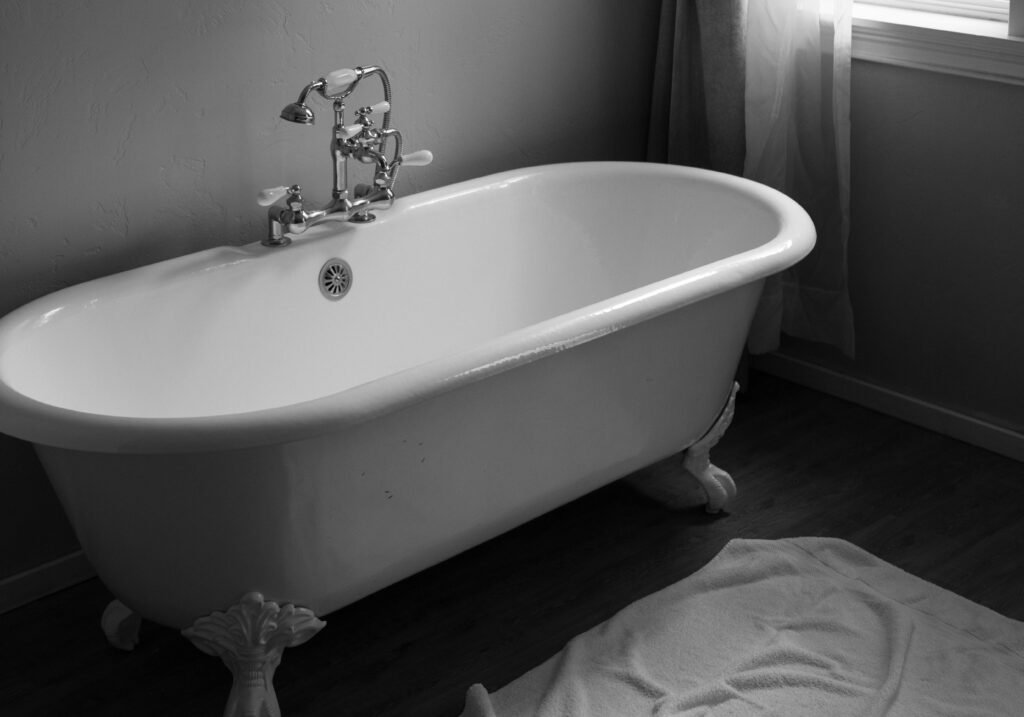
Dealing with a persistently cracking sink can be frustrating. Despite your best efforts, cracks may appear, creating an unsightly blemish in your kitchen or bathroom. In this comprehensive guide, we will explore 7 surprising reasons your sink keeps cracking and provide you with practical solutions to fix this issue.
Poor Quality Material
It may surprise you to learn that the material of your sink plays a significant role in its durability. Poor-quality materials are more prone to cracking under pressure or due to temperature changes. Opting for a high-quality sink made from robust materials like stainless steel, fireclay, or cast iron can effectively mitigate this issue.
Incorrect Installation
Another common reason sinks crack is incorrect installation. If your sink isn’t installed properly, it can lead to undue stress on certain parts, leading to cracks over time. Always ensure that a professional installs your sink to avoid this problem.
Frequent Temperature Fluctuations
Sinks are often exposed to frequent temperature fluctuations, especially in the kitchen. These sudden changes from hot to cold can cause the material to expand and contract, leading to cracks. To prevent this, try to gradually adjust the water temperature instead of suddenly switching from hot to cold.
Overloading the Sink
Regularly overloading the sink with heavy pots and pans can also cause it to crack. It’s important to be mindful of the sink’s weight capacity and refrain from dropping heavy items into it.
Harsh Cleaning Products
Many people don’t realize that the cleaning products they use can harm their sinks. Harsh chemicals can gradually erode the sink’s material, making it more susceptible to cracking. Always opt for gentler, sink-friendly cleaning products.
High Water Pressure
High water pressure is another surprising reason behind cracking sinks. Constant high pressure can put excessive strain on the sink, causing it to crack. If you notice that your water pressure is unusually high, it may be time to install a pressure-reducing valve.
Ageing and Wear and Tear
Finally, like all things, sinks are not immune to the effects of time. Ageing and general wear and tear can lead to cracks, especially in older sinks made from less durable materials. Regular maintenance and timely repairs can help prolong the lifespan of your sink.
Fixing Your Cracked Sink
Now that we’ve explored the reasons behind your cracking sink let’s look at how to fix it.
Sealant Application
Small cracks can often be repaired using a waterproof sealant. This provides a temporary fix and can effectively extend the life of your sink.
Professional Repair
For larger cracks, you might need to call in a professional. They have the tools and expertise to perform a more comprehensive repair.
Replacement
If the sink is old or the crack is too big, it might be more cost-effective to replace the entire sink. Remember to choose a sink made from high-quality material and have it installed by a professional to prevent future cracks.
Expert Tips for DIY Sink Crack Repairs
- Assess the crack’s severity and consider replacing the sink if the damage is extensive.
- Choose a repair kit that matches your sink’s material (porcelain, ceramic, stainless steel, acrylic, etc.).
- To clean the sink, use a gentle detergent and ensure it is dried thoroughly.
- Roughen the surface around the crack using sandpaper.
- Apply the repair material (adhesive or epoxy) according to the kit’s instructions, filling the crack completely.
- Smooth out the repair with a plastic putty knife and wipe away excess material.
- Allow sufficient curing time as per the kit’s recommendations.
- Check for imperfections and reapply a thin layer if needed.
- Use the sink carefully afterwards, avoiding heavy objects and excessive force.
- Monitor the repair over time for any signs of failure and seek professional help if necessary. Consider replacing the sink for significant damage.
Remember, not all sink cracks can be repaired with DIY methods, especially if the damage is significant. If you’re unsure about the repair process or if the crack is substantial, it’s best to consult a professional plumber or consider replacing the sink to ensure a long-lasting solution.